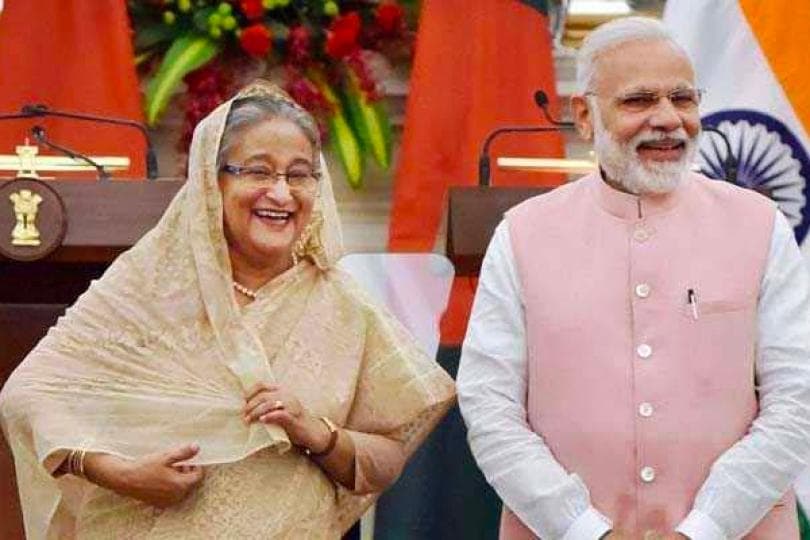Shifts in Indo-Bangla Ties Post-Hasina's Win

The recent election in Bangladesh, resulting in Sheikh Hasina's fourth term as Prime Minister, marks a significant era in Indo-Bangla relations. The election, marred by low voter turnout and opposition boycott, led to a sweeping victory for Hasina's Awami League but also brought political uncertainties. The subsequent cabinet reshuffle, which saw the exclusion of key pro-India ministers, poses new diplomatic challenges for India. The removal of Foreign Minister Abdul Momen and Junior Foreign Minister Shariar Alam, replaced by Hasan Mahmud, delays crucial bilateral talks and indicates a potential shift in Bangladesh's diplomatic approach.
This political shift in Bangladesh raises concerns for India, especially with the growing influence of Salman Fazlur Rahman, known for his pro-Pakistan stance. His advocacy for stronger Bangladesh-Pakistan relations and ties with Islamist groups could alter the trajectory of India-Bangladesh relations. Economically, Bangladesh grapples with high inflation and labour unrest, complicating the situation further.
India's strategic position in South Asia is vital, with Bangladesh's location acting as a bridge in India's Look East and Act East policy. However, the rise of Islamist MPs in Bangladesh’s Parliament and the absence of pro-India ministers present challenges for India in maintaining its influence and countering China’s growing presence in the region. Despite these challenges, the inclusion of three Hindu ministers in Hasina's cabinet signals diverse representation, offering some solace to India.
The political and economic changes in Bangladesh following Hasina's election and cabinet reshuffle add complex layers to the India-Bangladesh relationship. India must navigate these changes carefully to maintain regional stability and counterbalance China's influence, highlighting the need for a balanced, nuanced approach in foreign policy and regional engagements.


































